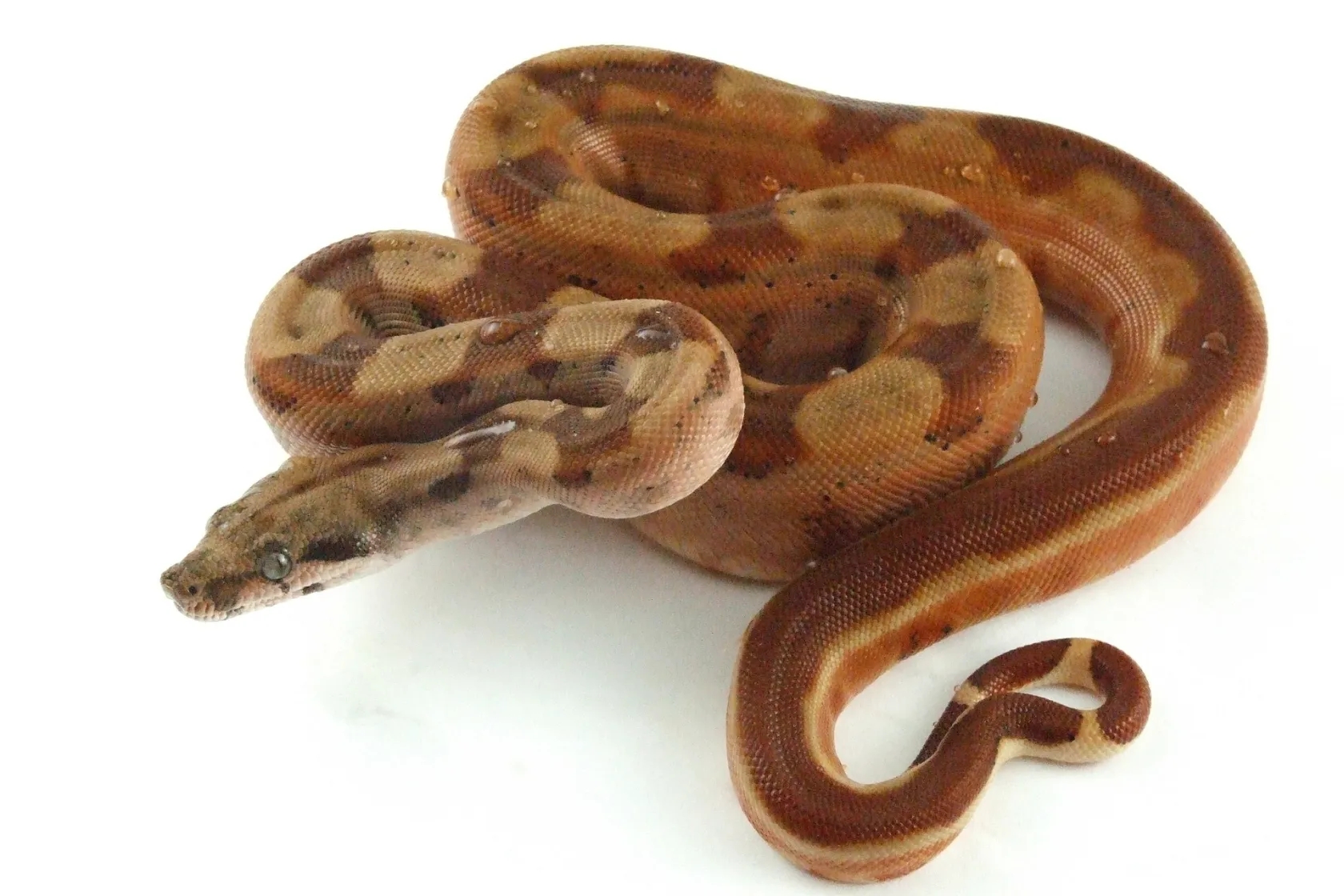Veterinary Care for Exotic Pets
There’s more. With an incredible 55,000 vehicles currently residing on our roadways, traffic congestion continues unabated. The British Veterinary Association (BVA), American Veterinary Medical Association (AVMA), Federation of Veterinarians of Europe (FVE) and most other governing veterinary organisations worldwide have expressed serious concerns over this burgeoning trade. They believe that ownership is detrimental to native species and causes population and habitat decline; owners may not be able to properly care for their animal compromising its health and welfare; animals can pose a danger to human health as well as pose threats when released into the public domain; wild caught animals often experience stress during capture or transport and hold times with increased mortality rates; yet this trade and hobby continues. So what justifies its existence?
Veterinarians have come up with an ingenious acronym called NTCAs or nontraditional companion animals (NCA) to refer to exotic pets, giving the impression they can be described as suitable companion animals while also authorising them to keep them.
“Some species’ five welfare needs may only rarely or never be fulfilled in domestic environments; such species should only be kept with a valid license or approved conservation purposes. We encourage the keeping of species as companion animals for which there is a reasonable expectation based on published evidence and professional experience, that their five welfare needs can be fulfilled by suitably informed people; reptiles have specific husbandry requirements regarding humidity, lighting, nutrition and temperature while birds require thorough research before acquisition to fully comprehend their complex social, cognitive and nutritional requirements’

